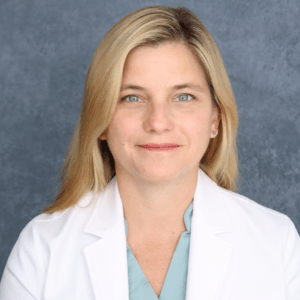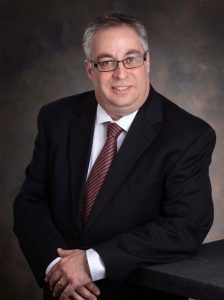
Three Reasons Acoustic Neuroma Patients Need a Multidisciplinary Care Team
**Sponsored Content**
An acoustic neuroma diagnosis comes with complex treatment decisions. Read why a multidisciplinary care team is crucial for your long-term recovery.

Sign up for our bi-monthly email to get the latest news on treatments, support, and stories from the brain tumor community.

**Sponsored Content**
An acoustic neuroma diagnosis comes with complex treatment decisions. Read why a multidisciplinary care team is crucial for your long-term recovery.

In his own words, Rick Franzo shares his brain tumor experience at the ABTA National Conference. Learn why Rick’s greatest takeaway from his journey is hope.
Always free for patients & caregivers